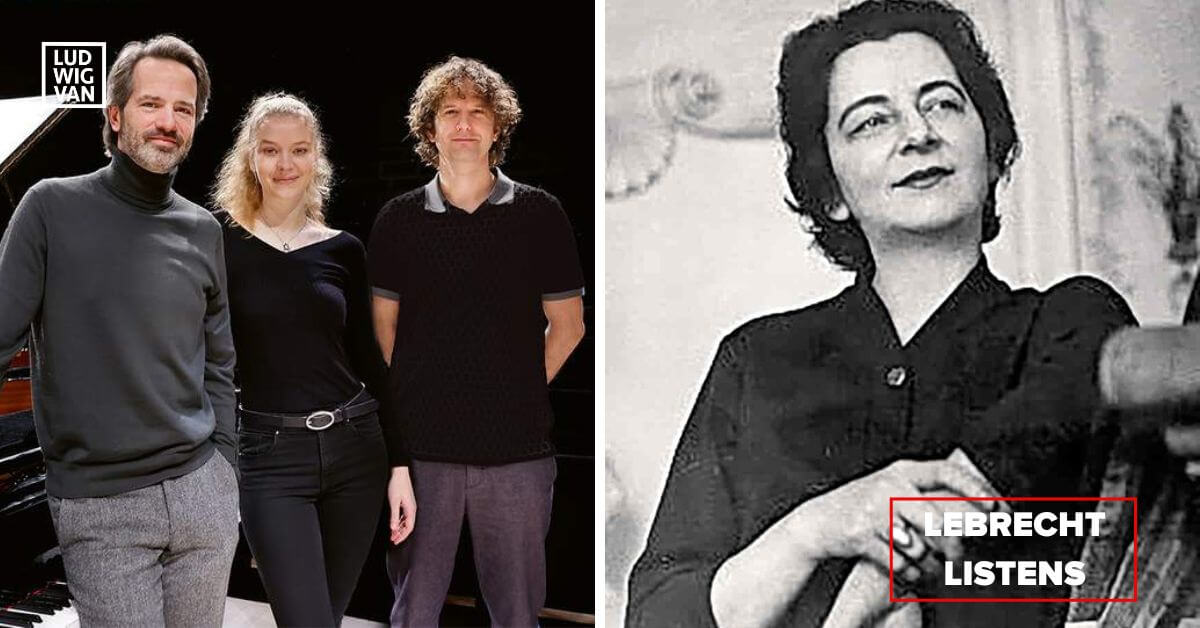
[ad_1]

Grazyna Bacewicz: Piano Concerto / Concerto for two Pianos / Overture / Music for Strings, Trumpets & Percussion (Ondine)
★★★★☆
Is there a extra elusive composer in the entire of the twentieth century than Grazyna Bacewicz (1909-1969)?
Bacewicz is normally designated a Polish composer, however her Lithuanian father left the household after his state gained independence in 1918. Her brother, Vytautus Bacevičius, was a composer in New York. Grazyna, touchdown a well-paid job as concertmaster of the nationwide radio orchestra, shuttled between Warsaw and Lodz. She is Polish, then, by circumstance; additionally, by marriage and youngster. However, her sound doesn’t match one way or the other within the Polish tapestry of Szymanowski, Lutoslawski, Panufnik and Penderecki. She is an outsider, and never by causes of gender. Bacewicz holds herself aside.
Beneath the horrors of Nazi occupation, she carried on composing when there was no likelihood of getting carried out. A ridiculously playful 1943 orchestra was premiered in September 1945. What on earth was in her thoughts — hope or mockery? Blindfold, you may mistake this piece for a frippery by Arthur Bliss or one in every of Les Six. The true Grazyna Bacewicz is not going to arise.
A primary piano concerto of 1949, written underneath Stalinist guidelines of ‘socialist realism’, glints between fragments of Bartok and Stravinsky, taking root in neither. Bacewicz retains her intentions wilfully obscure. A concerto for two pianos within the barely simpler local weather of 1966 betrays some affinity with modern modernism, however simply as you assume she’s waving tone clusters and a serial row, she retreats proper again into tonal kind and harmonies.
There are immense energies in Bacewicz, however I’m unsure that any interpreter on report has but nailed her character. Peter Jablonski is the dazzling pianist on this launch. Nicholas Collon conducts with Finnish Radio Orchestra with too many dynamic extremes. I hold wanting to love Bacewicz extra, however I discover it arduous to know {that a} composer who lived in Poland by its worst period withholds the whole thing of her expertise from posterity. How is that potential?
To learn extra from Norman Lebrecht, subscribe to Slippedisc.com.
#LUDWIGVAN
Get the every day arts information straight to your inbox.
Join the Ludwig van Each day — classical music and opera in 5 minutes or much less HERE.
[ad_2]